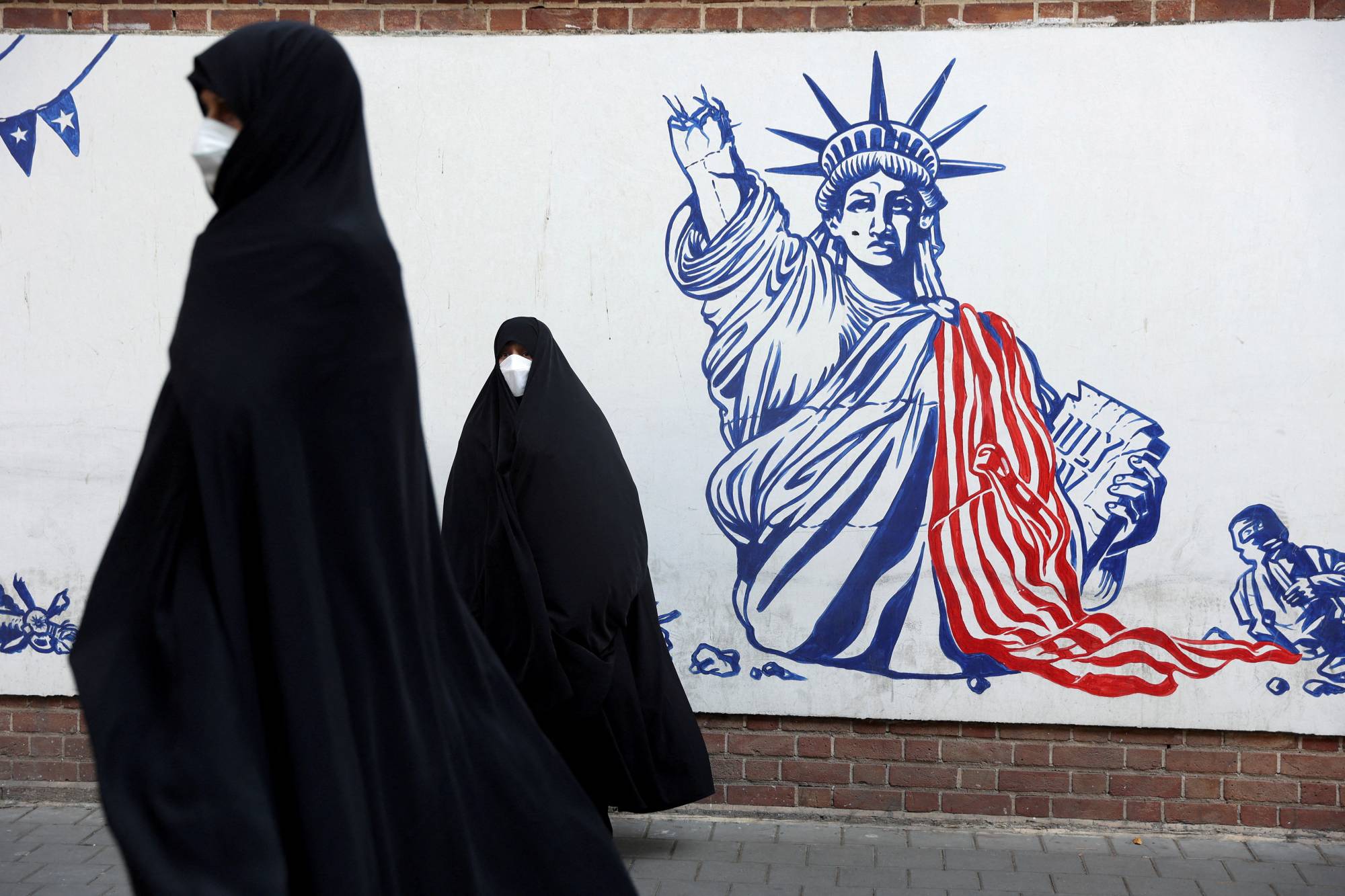In a qualifying match last November for the 2022 soccer World Cup, Iran trailed Lebanon 0-1 at the end of the scheduled 90 minutes. On social media, skeptical Iranians were getting ready to blame their team’s imminent defeat on Iran’s hard-line leaders, who supposedly wanted to lose the match in order to please Iran’s Lebanese proxy, Hezbollah. But, in the four minutes of stoppage time, Iran scored two goals to secure victory.
Today, the clock is ticking for Iran’s leaders in the high-stakes negotiations in Vienna aimed at reviving the 2015 nuclear deal. According to their American counterparts, at least, they are not showing the requisite urgency.
But it was former U.S. President Donald Trump who unilaterally withdrew in 2018 from the Joint Comprehensive Plan of Action (as the 2015 deal is formally known) and reimposed harsh economic sanctions on Iran. Despite the crushing blow, Iran remained in the agreement for another 14 months before increasing its nuclear enrichment level beyond the limits set by the JCPOA.


















With your current subscription plan you can comment on stories. However, before writing your first comment, please create a display name in the Profile section of your subscriber account page.